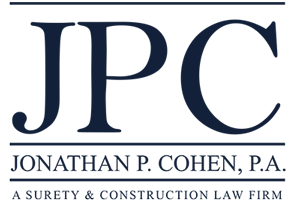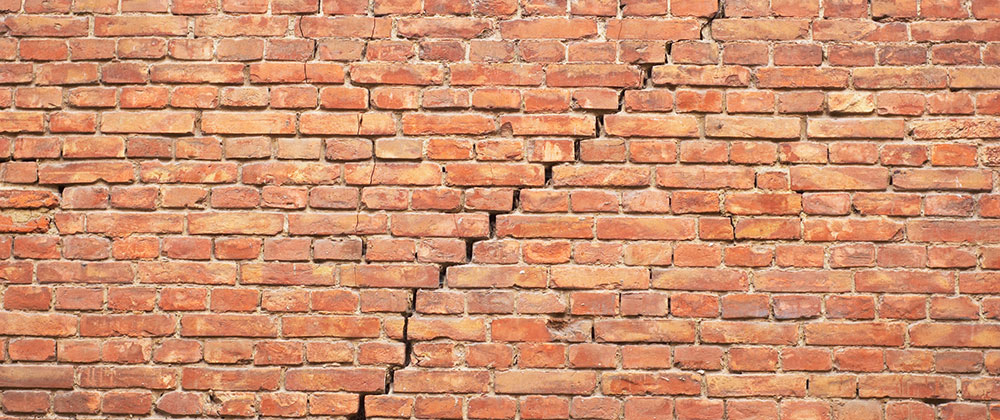Get Help From a Fort Lauderdale Construction Defect Lawyer
Construction defects can have a major, negative impact on the value of homes and cause the owners to suffer substantial financial losses. Homeowners currently have the right to file claims against construction companies within four years for patent defects (ones that are obvious) and within 10 years for latent defects. Recently, however, the state Senate passed SB 736. If it becomes the law, homeowners will have seven years to file claims for patent or latent defects unless fraud is involved. Senate Republicans argue the changes are necessary to reduce frivolous construction defect claims while Democrats are opposed. The bill still includes a provision allowing homeowners to file claims within 10 years when the construction company used fraud to conceal the defect. The bill would also require the owner of an improvement to give an expert’s inspection report to the construction company from an expert who has validated the homeowner’s concerns and documented the defect. This type of information might help the parties to resolve construction defect disputes outside of court. Fort Lauderdale construction lawyer Jonathan P. Cohen handles these types of claims and is frequently able to help his clients resolve their disputes through out-of-court negotiations.
Arguments For and Against the Senate Bill
Republicans argue that they want to protect homeowners’ investments in their homes while also reducing the number of frivolous lawsuits that are filed against construction companies. Senate President Wilton Simpson argued that some contractors have complained about rising insurance costs because of the large number of frivolous claims. He argued that when homeowners and building owners have longer periods to file claims, more fraudulent claims are filed. All Senate Democrats other than Senator Linda Stewart of Orlando argued that many homeowners will be denied the ability to pursue compensation caused by serious construction defects. Senator Gary Farmer from Lighthouse Point explained that he discovered a latent defect in his home only after water began leaking. He stated that the proposed bill would give too much power to construction companies at the expense of innocent homeowners who do not discover defects until visible damage appears. Now that the proposed bill has passed in the Senate, it will go to the House for consideration.
Senate Bill vs. House Bill
The House bill is currently awaiting a hearing in the final House committee. Currently, material violations are defined by the Florida Building Commission. Under both the Senate and House bills, the definition of material violations would be included in the statute. Both bills address material violations within structures that could result in significant damage to the structures’ performance or physical injuries to a person. In the House bill, material violations remain tied to the Florida Building Code and significant damage would include damage costing one-quarter or more of the building’s fair market value. Minimal or cosmetic violations of the Florida Building Code would not qualify for a lawsuit.
The House bill includes a four-year deadline to file a construction defect lawsuit. The limitations period will begin to run 45 days after an improvement is abandoned or completed. Homeowners would have a seven-year deadline to file claims for latent defects following the initial 45 days. If a homeowner can show by clear and convincing evidence that the architect, engineer, or contractor knew about the material violation but engaged in fraud to conceal it, the homeowner would have a deadline of 15 years after the initial 45 days to file a lawsuit.
Hiring a Fort Lauderdale Construction Defect Lawyer
If you have discovered a construction defect on your property, you should seek help from a Fort Lauderdale construction defect lawyer as soon as possible. Fort Lauderdale construction lawyer Jonathan P. Cohen, Esq. has been practicing since 2005 and can help you understand your rights. Contact the law firm of Jonathan P. Cohen, P.A. at (954) 462-8850 to request a consultation.
The information provided in this article does not, and is not intended to, constitute legal advice. The content in this article is presented for general informational purposes only.

